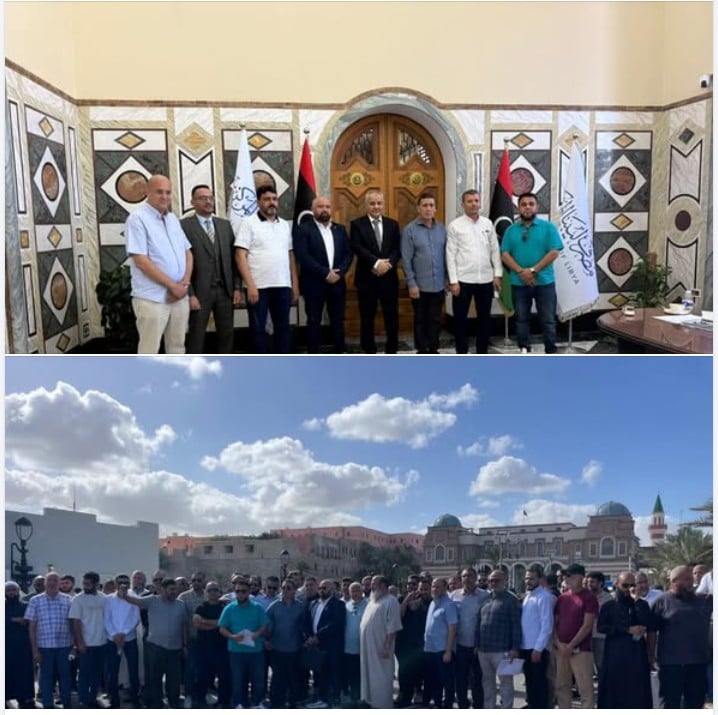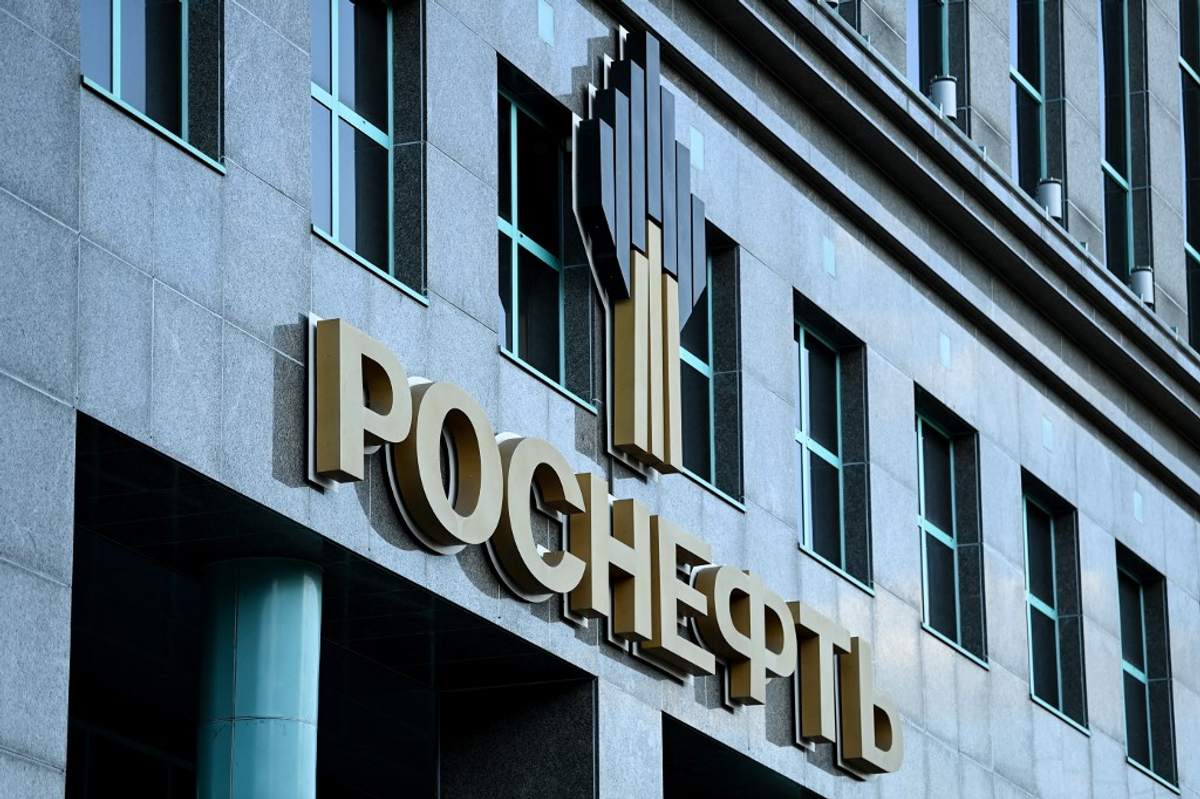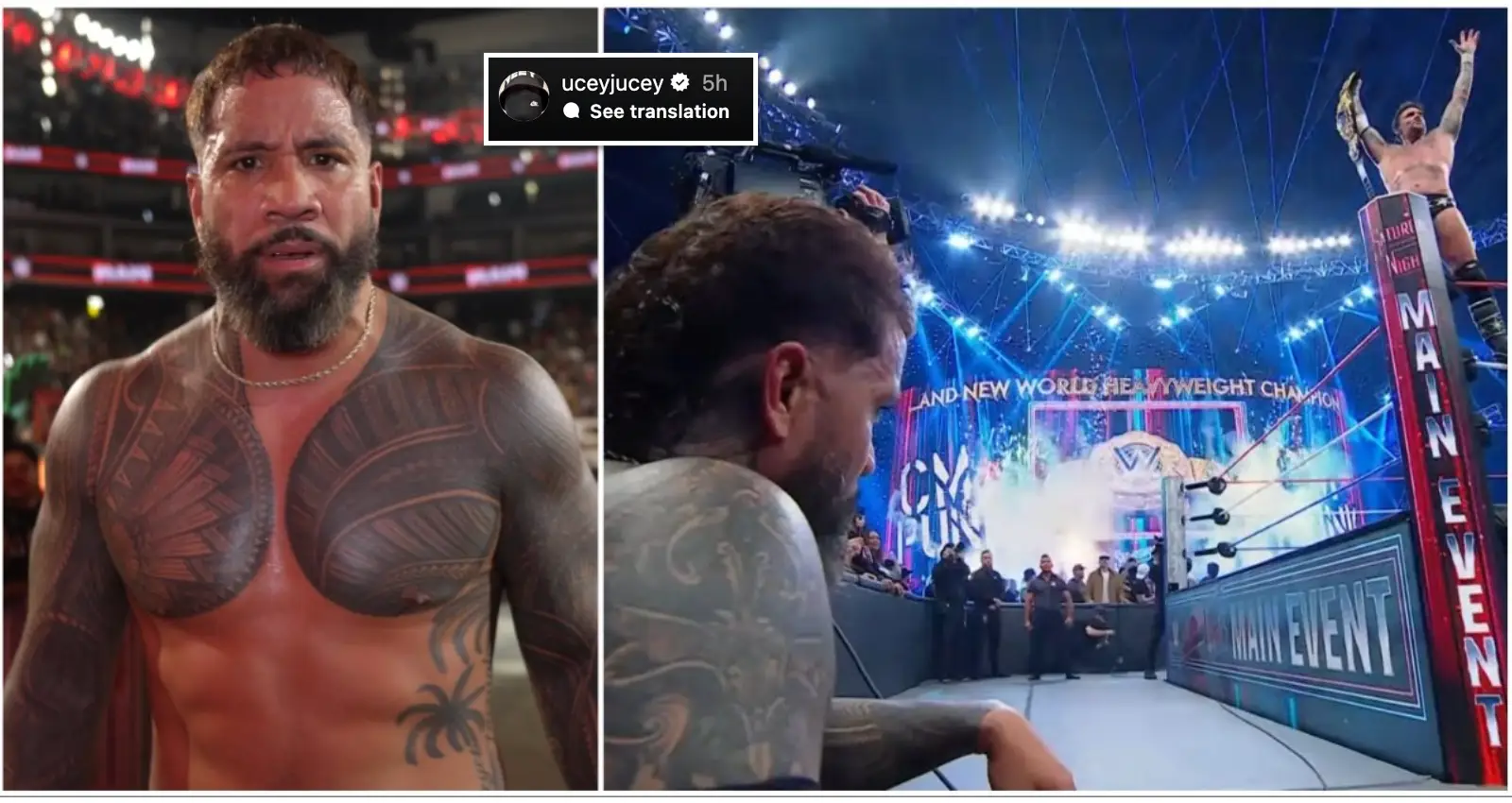Copyright libyaherald

Central Bank of Libya (CBL) Governor, Naji Issa, relented to the accumulating pressure from small importers by meeting them yesterday after they had held a protest in front of the Central Bank. They were protesting against what they considered draconian banking transactions measures imposed by the CBL and Economy Ministry that, in their view, hindered their ability to import goods seamlessly. The protestors were specifically against Decision No. 42/2025 issued by the Ministry of Economy which instructs the Customs Authority to refrain from clearing imports at ports that have not been paid for through official banking transactions. This decision had led to a backlog of containers at ports causing importers financial damage and causing shortages in the market. On Saturday 25 October, it will be recalled, small traders and importers affiliated with the Misrata Chamber of Commerce had held a protest outside their Chamber in Misrata. They had vowed to continue to escalate the protests until they received some interaction. CBL fails to attend Tripoli Chamber workshop to discuss small importers’ problemsIt will also be recalled that on 9 October, Tripoli Chamber of Commerce had organised a workshop entitled “Decision-Making and Implementation Meet: A Direct Dialogue between the CBL and the Private Sector”. The CBL was invited to the high-level event attended by the Minister of Economy and Trade – but failed to send any representatives. At the workshop, the head of Tripoli Chamber politely condemned the CBL for its failure to talk to small importers. Recommendations of the workshop referred to the PMAt the workshop, Tripoli Chamber had escalated the issue by directing that the results and recommendations of the workshop be referred to the Tripoli based Libyan Prime Minister in the form of a comprehensive report. Tripoli Chamber meets Economy Minister to follow-up on 9 October workshop recommendationsFurthermore, the Chambers of Commerce and small importers continued to mount pressure on the CBL Governor for their concessions demands. This came in the form of a follow-up meeting on 26 October, regarding the 9 October workshop recommendations, by the head of Tripoli Chamber of Commerce with the Economy and Trade Minister Mohamed Hwej. The CBL’s concessions to small importersAt yesterday’s meeting with Governor Issa, Misrata Chamber of Commerce reported that the CBL made the following concessions regarding facilitating banking procedures (The CBL called them advantages to small traders): Accepting applications for letters of credit not exceeding US$ 500,000 independently within the letters of credit coverage system. Executing direct transfers of up to US$ 100,000 per transaction (as many countries do not accept letters of credit from Libya). Although the CBL did not confirm the amount of US$ 100,000 in its report. Reactivating the use of Cash Against Documents and processing payments via direct transfers to the beneficiary company. Addressing any obstacles hindering the use of debit/credit cards by ”genuine” small traders. Establishing direct communication channels with this (small importers) important segment of suppliers and traders and coordinating with the Ministry of Economy and Trade to establish the authenticity of traders. This is to weed out ”fake” traders who import low value products to smuggle hard currency abroad. Agreeing to activate the imported goods pre-tracking system (ATS), to be managed exclusively by the Central Bank of Libya, given its crucial role in curbing currency smuggling, speculation, and the trafficking of drugs and the import of food that is past its sell-by/use-by dates. However, the CBL did not confirm this in its report. The CBL in its report also said it would continue to publish periodic explanatory reports on the facilities it will provide. The CBL’s report on the meetingIn its report on the meeting, the CBL said during the meeting, the gathered discussed the need to implement the Ministry of Economy’s Decision No. 42, as it has a direct impact on the aspects of regulating import and export activity and in a manner that does not contradict the law and controls of money laundering and terrorist financing, and in a way that contributes to reducing the spread of the phenomenon of speculation in foreign currencies in the informal market. This suggests that the CBL does not seem inclined to backtrack on its decision not to release either present or future goods in ports not paid for through the banking system. Misrata Chamber thanks CBL Governor for his ‘‘generous response’’ to their demandsMisrata Chamber of Commerce extended their thanks and appreciation to the Governor of the Central Bank of Libya for his efforts and generous response to the demands of small traders, and his commitment to supporting the private sector and removing obstacles for traders and manufacturers, thereby contributing to strengthening economic activity and supporting financial stability in the country. Background: Successive Libyan governments have backed down on the policyIt will be recalled that successive Libyan governments have attempted on several occasions to prevent the import of goods that had not been paid for through banking transactions. However, on every occasion they have backtracked. Weak Libyan governments and CBLThe problem is all Libyan governments since the overthrow of the Qaddafi regime in 2011 are weak interim governments lacking legitimacy or a mandate. They do not feel empowered enough to impose very unpopular policies. Food shortages in Ramadan would be unacceptableThis is especially the case with the holy month of Ramadan approaching in less than four months’ time (around 18 February 2026). A point that the Chambers of Commerce and small traders have played up to the full in the recent meetings and demonstrations. No Libyan government wants to be held responsible for food shortages in Ramadan – the month of the highest rate of food sales and consumption – something parallel to Christmas reason in Christian countries. Unemployment, social unrest?Moreover, while big business seems to have no problems in regularly opening letters of credit for their imports (as proven by the CBL’s regularly published list of companies obtaining letters of credit), they are small in numbers. Failure to provide alternative economic activitiesSmall importers form a much larger segment of the population and for the government or CBL to cut them off could and most probably would have economic and social ramifications. Many small traders import through cash payments from neighbouring Tunisia and Egypt – including fruit and vegetables. Damaging this group could lead to further unemployment and possible social unrest. This is especially the case since the government has consistently failed to diversify the Libyan economy and provide alternative value-added sectors, clusters and jobs outside the over-staffed state-sector. CBL has failed to offer new services for small importersMoreover, Libyan governments and the CBL are unable to improve the general or banking infrastructure and banking facilities. Small importers import goods outside the banking system, at a higher cost, because they are unable to obtain letters of credit from the CBL. And the CBL has consistently failed to provide alternative facilities or services for small importers that would enable them to pay for their imports through the official banking system. Official FX Bureaux, Business Debit / Credit cards accepted widely overseasFor example, the CBL, despite several promises over the last year, has failed to launch the official Foreign Exchange Bureaux. Moreover, over all the years since the 2011 revolution, it has failed to provide high credit limit debit / credit cards for importers that they can use to pay for their imports abroad – and that are widely accepted overseas. It is because successive governments and CBL Governors accept that they have failed to provide alternative banking services for small importers that they inevitably backtrack on their policy initiatives.



